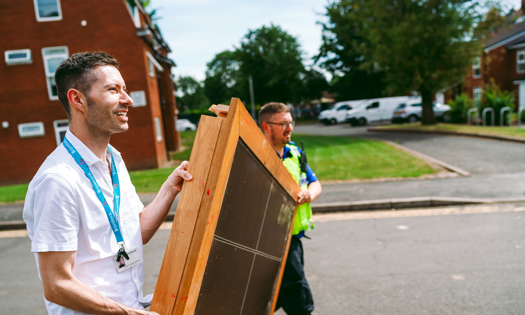Popular search terms
Featured items
Read more
Read more
Popular search terms
Featured items
Read more
Read more
Read more






















